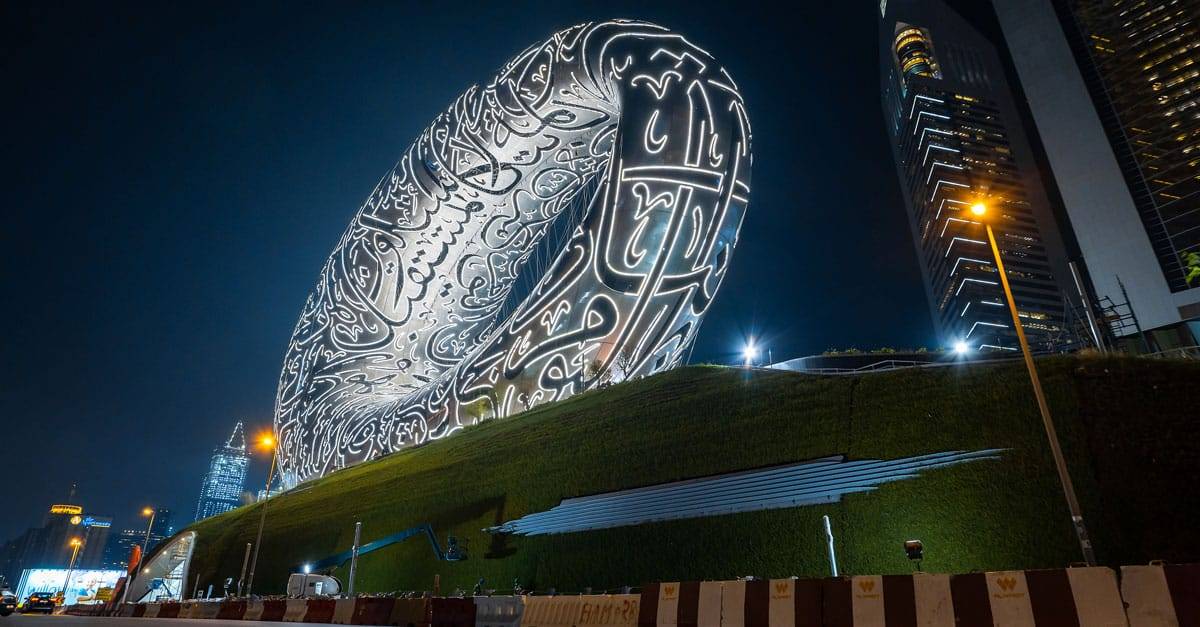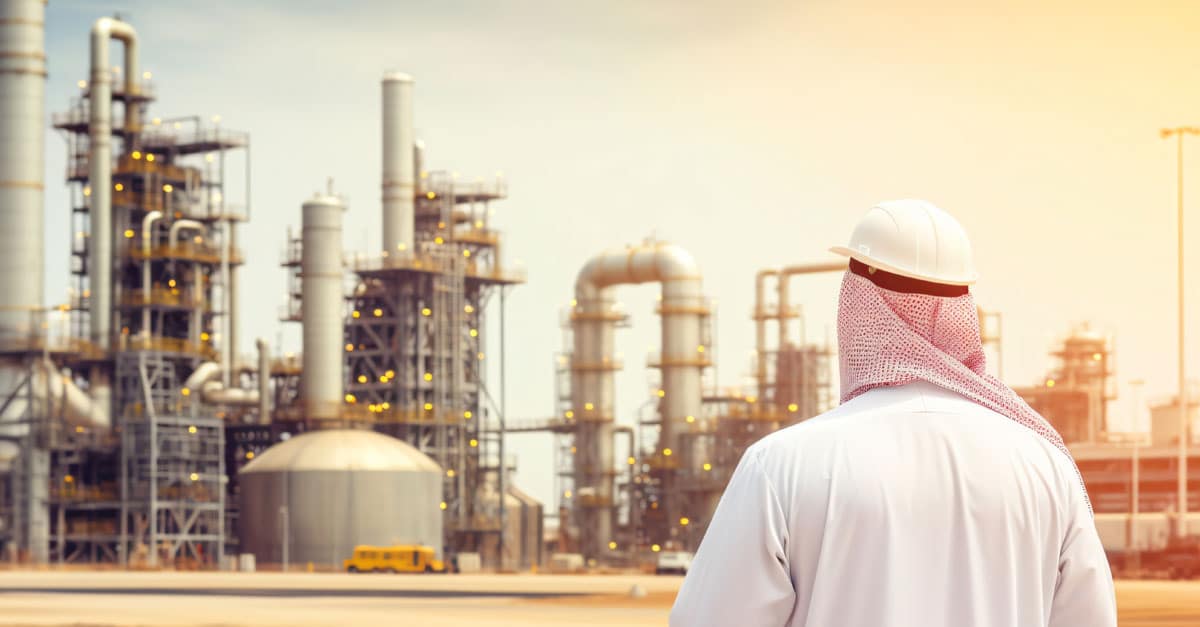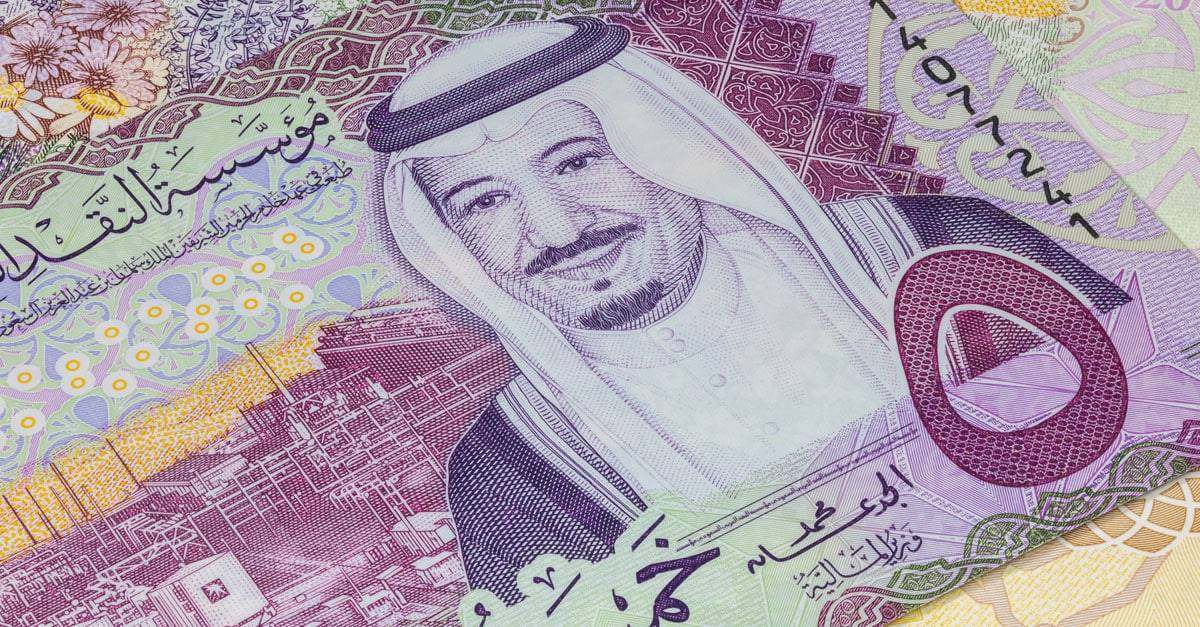“I am convinced there is still immense potential for expanding our partnership further, especially in terms of scale, diversity, and quality of our outbound and inbound investments,” said Saudi Arabian Investment Minister Khalid Al-Falih at the commencement of the Saudi-EU Investment Forum recently. The minister highlighted that over 1,300 European companies have invested in Saudi Arabia, emphasising that “important Saudi investors are present in most EU countries”. Trade between the EU and Saudi Arabia reached 80 billion euros (USD 84.8 billion) in 2022, representing a 30 percent increase over the previous year.
European Chamber of Commerce in Saudi Arabia
Also, the creation of the European Chamber of Commerce is in plan, declared the European Commission Executive Vice President Maroš Šefčovič. “The EU and Saudi Arabia share an interest in continuing interactions on multilateral trade policy agendas, including the World Trade Organisation,” he said.
According to Haifa Al-Jedea, ambassador and head of the Saudi mission to the EU and the European Atomic Energy Community, sectors such as mining, entrepreneurship, biotech, and raw materials present significant collaboration and investment opportunities. “These areas include green hydrogen, renewable energies, and green technology. These are undersaturated today and hold vast potential,” she said to Arab News Portal. The Saudi Kingdom currently has stakes in Nintendo, Uber, Boeing, and Newcastle United Football Club.
The Funds as Investment Tools
The Arabian Peninsula is home to nearly 20 sovereign wealth funds (SWFs) that manage around $3.7 trillion—about a third of global state fund assets. According to Global Finance Magazine, the largest Middle Eastern fund is currently the Abu Dhabi Investment Authority (ADIA), with USD 790 billion in total assets, up about USD 100 billion year-over-year (y-o-y). Next is the Kuwait Investment Authority (KIA), with USD 750 billion, up USD 12 billion year over year. In sixth place, Saudi Arabia’s Public Investment Fund (PIF) went from USD 230 billion in 2018 to more than USD 600 billion today and plans on reaching USD 1 trillion by 2025.
Elevate Your Wealth Game: Empowering UHNWIs for Simplified Asset Management. Altoo Platform Preview
The funds from the Middle East have more than doubled their investments in the West, including the US and Europe. The milestone operations included the ADIA’s real estate push through joint ventures with Rockpoint and Landmark Properties in the US, Greystar in the UK, and Logos in Australia. On the Saudi side, the PIF became the second-biggest shareholder of the luxury carmaker Aston Martin and is in talks to acquire 25% of London Heathrow—Europe’s busiest airport. Emirati Mubadala also multiplied deals in the European telecom sector, investing $1 billion in British broadband provider Cityfibre and acquiring a stake in Scandinavian-based communications company GlobalConnect.
Climate change is also a target of interest. In October 2022, the Qatar Investment Authority (QIA) took a USD 2.4 billion share in Germany’s multinational energy company RWE, one of the world’s largest producers of clean electricity. Also in 2022, the QIA led a USD 250 million Series D funding round for Innovafeed, a French biotech company that develops insect-based animal and plant nutrition.
Trading and Investing in the USA
U.S. goods and services trade with Saudi Arabia totaled an estimated USD 46.6 billion in 2022. Exports were USD 21.6 billion; imports were USD 24.9 billion.
Saudi Arabia´s PIF has more than USD 35 billion in American companies like Amazon, Walmart, Rideshare, and the food delivery company Uber Technologies, as well as the major ticketing platform Live Nation Entertainment. Also refinery company Saudi Aramco and chemical manufacturing company SABIC are major investors in the United States.
In 2017, Saudi Aramco acquired full ownership of Motiva, the largest refinery in North America, in Port Arthur, Texas. In December 2021, the ExxonMobil-SABIC USD 10-billion-dollar joint venture, Gulf Coast Growth Ventures, commenced operations at its new petrochemical facility near Corpus Christi, Texas. Aramco’s expenditures across its U.S. subsidiaries and other U.S. operations totaled more than USD 60 billion over the last five years, according to Aramco Americas.













